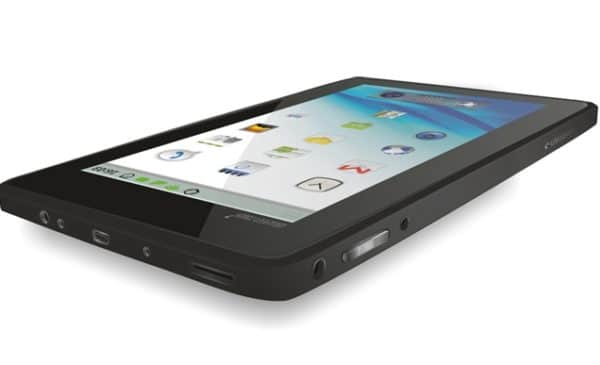
When the Indian Space Research Organisation launched a mission to Mars on November 5th, media coverage ranged from patriotically enthusiastic to indifferent to “How dare they?” The not very subtle subtext of an Economist article titled “How Can Poor Countries Afford Space Programmes?” was that a nation seemingly overwhelmed by such earthly problems as poor sanitary conditions and illiteracy had no business squandering its resources taking a shot at space.
The Economist article wondered “how a country that cannot feed all of its people can find the money for a Mars mission.” Not many wonder why the United States or China don’t guiltily mothball their space programs in favour of feeding all of their citizens, but there’s the double standard for you.
Pointing out that India’s Mars mission costs less than the budget of the film Gravity, a recent New York Times article used a Hindi term to point out that “jugaad, or building things creatively and inexpensively, has become a national strength. India built the world’s cheapest car ($2,500), the world’s cheapest tablet ($49), and even quirkier creations like flour mills powered by scooters.”
In fact, the world’s cheapest tablet, the UbiSlate 7Ci, is made by a Mississauga-based company called Datawind and retails for $38. And CEO Suneet Singh Tuli won’t be happy until they’ve created a $20 version. Datawind’s work with the Indian government, which aims to get the tablet into schools, has earned its inclusion among the world’s 50 smartest companies, according to the MIT Technology Review.
You never know where the next transformative innovation is going to come from. And that potential will never be unleashed if the innovator lacks the tools necessary to do the work.
“This idea is to bridge the digital divide, it’s really that simple, the idea is to overcome the affordability barrier,” Tuli told the Canadian Press. “We think as the Scandinavians do that (internet access) is a fundamental human right.”
While some argue that making cheap access to tablets and internet access a human right is a frivolous expansion of an important principle, Finland has declared its ambition to make 100Mb internet access a legal obligation by the end of 2015. Finland puts approximately 3.8% of its GDP into research and development spending, while the EU average hovers around 2% and Canada sits tight at 1.7%.
The priority, as Tuli points out, is access. You never know where the next transformative innovation is going to come from. And that potential will never be unleashed if the innovator lacks the tools necessary to do the work. The beauty of the “jugaad” ethos is that brilliant insights often occur to people with access to minimal resources. The trick is to determine what’s necessary to stay ahead of the game.
What Datawind, and the Finnish government, see clearly is the shape of the economy to come. Smart devices combined with ubiquitous connectivity, aka. the Internet of Things, is hyped to be worth $19 trillion by 2022, a transformation of the economy that at this point barely exists, and which Canada stands to miss out on by failing to prioritize R&D spending.
Reviews of the UbiSlate have pointed out that it’s nowhere near as good as the latest iPad or Samsung phablet, to which Tuli replies that access trumps status. “What we tried to focus on was realizing that for our customer, price is the most important feature and starting with that element we said, ‘What can we bundle in to provide a performance experience that would be good enough for them?'” he says.
He also points out that the UbiSlate might come as a relief for parents of the developed world who’ve seen their iPads repeatedly smashed by small children.
Meanwhile, India’s Mars mission is scheduled to arrive at the Red Planet this September. Acknowledging its potential, the Hindustan Times called it “a budget player in the global space race.” While some patronizingly chuckle at India’s contributions to overall technological progress, others take note that one person’s “good enough” is another’s breakthrough.
_______________________________________________________________________________________________________________
Leave a Reply
You must be logged in to post a comment.



 Share
Share Tweet
Tweet Share
Share




Comment